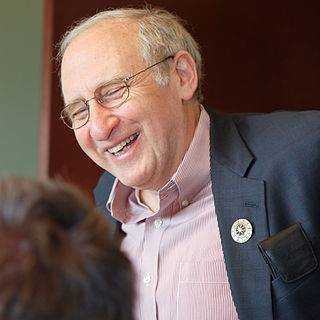A Quote by Fred Ehrsam
Redistributing tokens is a balancing act. In most cases, forks probably want to keep ownership for users constant so users have at least the same incentives to use the new fork as the historical one.
Related Quotes
Forks often arise from differences of opinion in the direction of a project. And tokens are increasingly a mechanism for voting on changes to their protocols. Since the point of a fork is to try a new path, the new fork may not want to port all of the prior holders opposed to trying the new path the fork was created to take.
Letting users control your site can be terrifying at first. From day one we were asking ourselves, "What is going to be on the front page today?" You have no idea what the system will produce. But stepping back and giving consumers control is what brought more and more people to the site. They have a sense of ownership and discovery at the same time. If you give users the tools to spread and share their interests with others, they will use them to promote what is important to them.
Authors and publishers want fair compensation and a means of protecting content through digital rights management. Vendors and technology companies want new markets for e-book reading devices and other hardware. End-users most of all want a wide range and generous amount of high-quality content for free or at reasonable costs. Like end-users, libraries want quality, quantity, economy, and variety as well as flexible business models.
On the Web, usability is a necessary condition for survival. If a website is difficult to use, people leave. If the homepage fails to clearly state what a company offers and what users can do on the site, people leave. If users get lost on a website, they leave. If a website's information is hard to read or doesn't answer users' key questions, they leave. Note a pattern here?






























